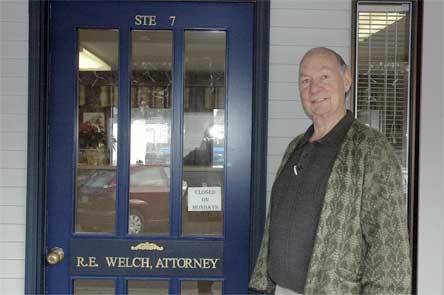MARYSVILLE — The city of Marysville incorporated 2,847 acres into its boundaries Dec. 30, but opinions remain divided on the annexation of approximately 20,000 residents into its population.
Carmen Rasmussen was one of five City Council members who voted in favor of the annexation, which she described as the right time to receive state compensation.
“It was always slated to be part of the city eventually,” Rasmussen said. “If we’d waited to do it, we wouldn’t have been reimbursed for our expenses.”
Rasmussen also cited the interlocal agreement between the city of Marysville and Snohomish County as a cost-saving measure, by sparing the expense of an election.
“I heard consistent eagerness to be annexed from the residents of the area with whom I’d spoken,” Rasmussen said.
Fellow City Council member Lee Phillips cast the only dissenting vote against annexation, even though he’s not necessarily against the annexation itself.
“My main concern was with the method they chose of going about this,” Phillips said. “In this country, we’re supposed to be able to choose who will govern us. Interlocal agreements like this one circumvent the voice of the people.”
Although Phillips made his opinion known, he had no intention of obstructing the process which he felt would benefit neither the Council nor the city as a whole. Now that the annexation has occurred, he expects it will give residents of the annexed area a greater say in their government, in addition to increasing the level of municipal service they receive.
Michael McAnaw is a homeowner in the annexed area, and while he echoed Phillips’ opinions on the method by which the annexation was carried out, he expressed far less optimism about its consequences.
“If we’d voted on it and 19,999 people had voted yes, with me voting no, then that’d be okay, but this was never put before the people,” McAnaw said.
McAnaw criticized the county for not providing residents of the annexation area with adequate information beforehand, and disputed any benefits to residents from the annexation.
“Our taxes are supposedly going down, but with that 5 percent usage tax, you can say goodbye to that $86 in savings,” McAnaw said. “I already use the local library, and as for police service, I already live near the County Sheriff’s Precinct Office. All this has done is double my taxes.”
McAnaw plans to take the matter up with the state Attorney General and possibly the ACLU.
Robert Welch is an attorney whose office is located in the annexed area, at 10525 State Ave., and unlike McAnaw, he’s supported annexation for years.
“It gives me a vote on what happens to property that the city basically controlled already,” Welch said. “To the north, the west and the south of our parcel, all that land was in the city, so we were just this pocket that wasn’t in the city. When I would call the police, it created confusion because the city and the county didn’t know who had jurisdiction and should respond. I might have had a different opinion if I was on 100th Street,” he laughed.
Welch recalled similar confusion with zoning permits, and he looks forward to reduced water rates.



